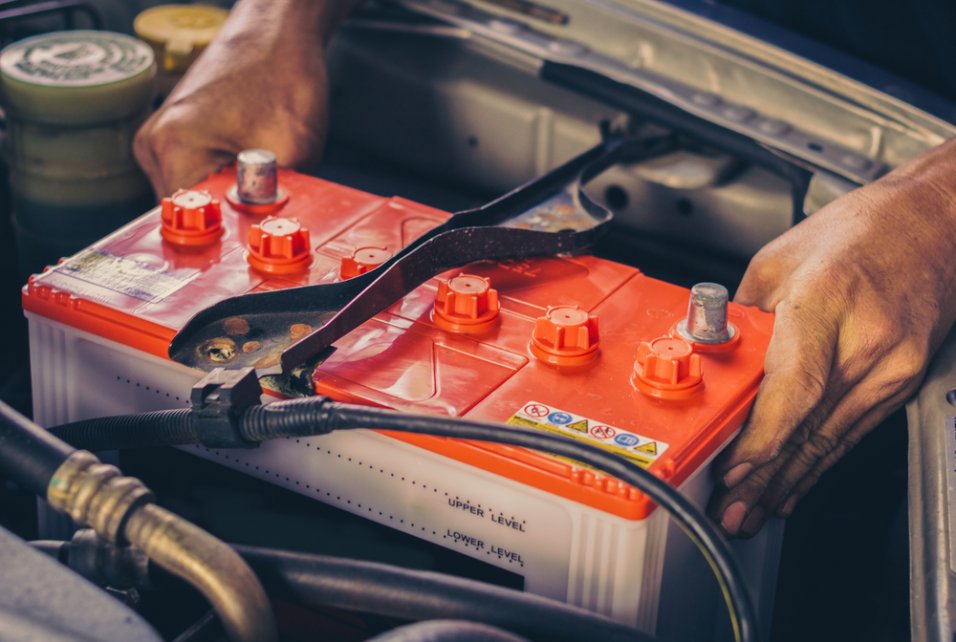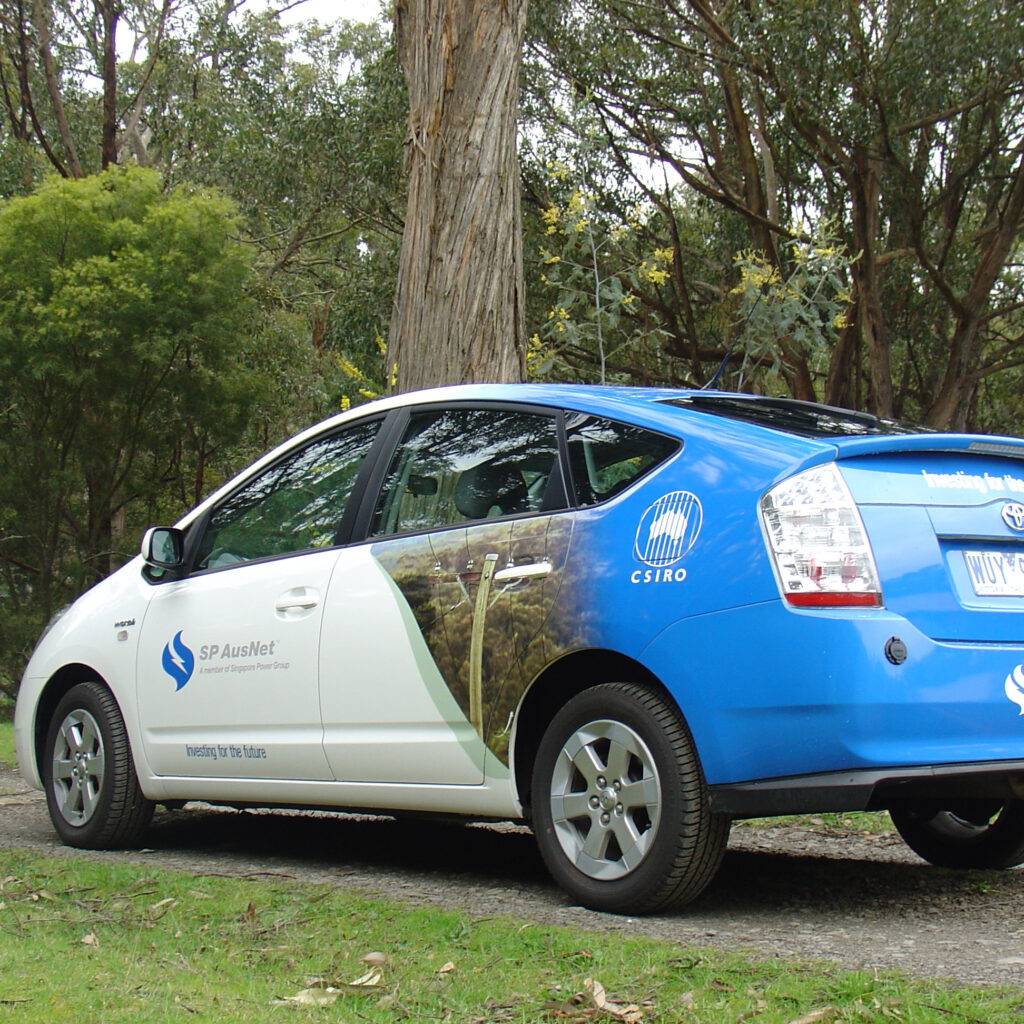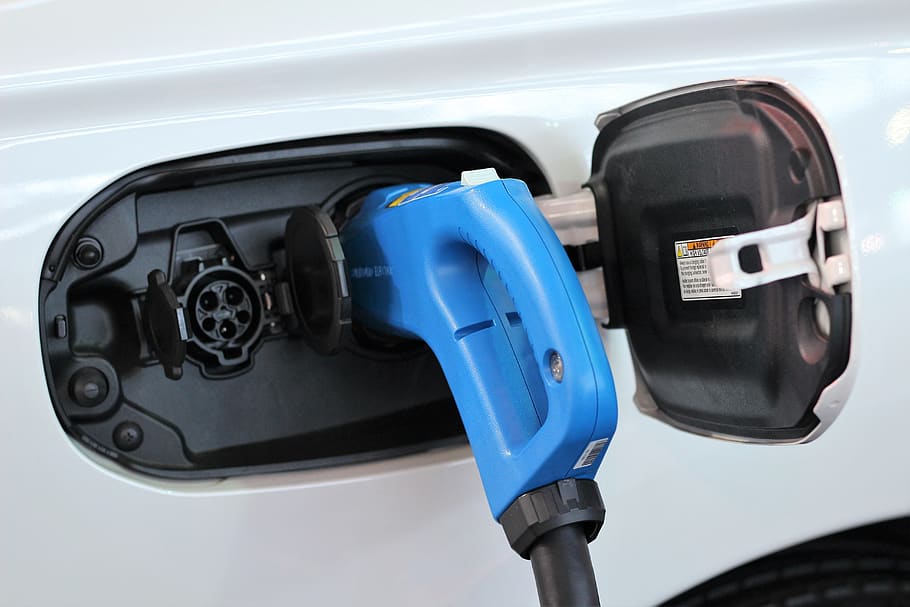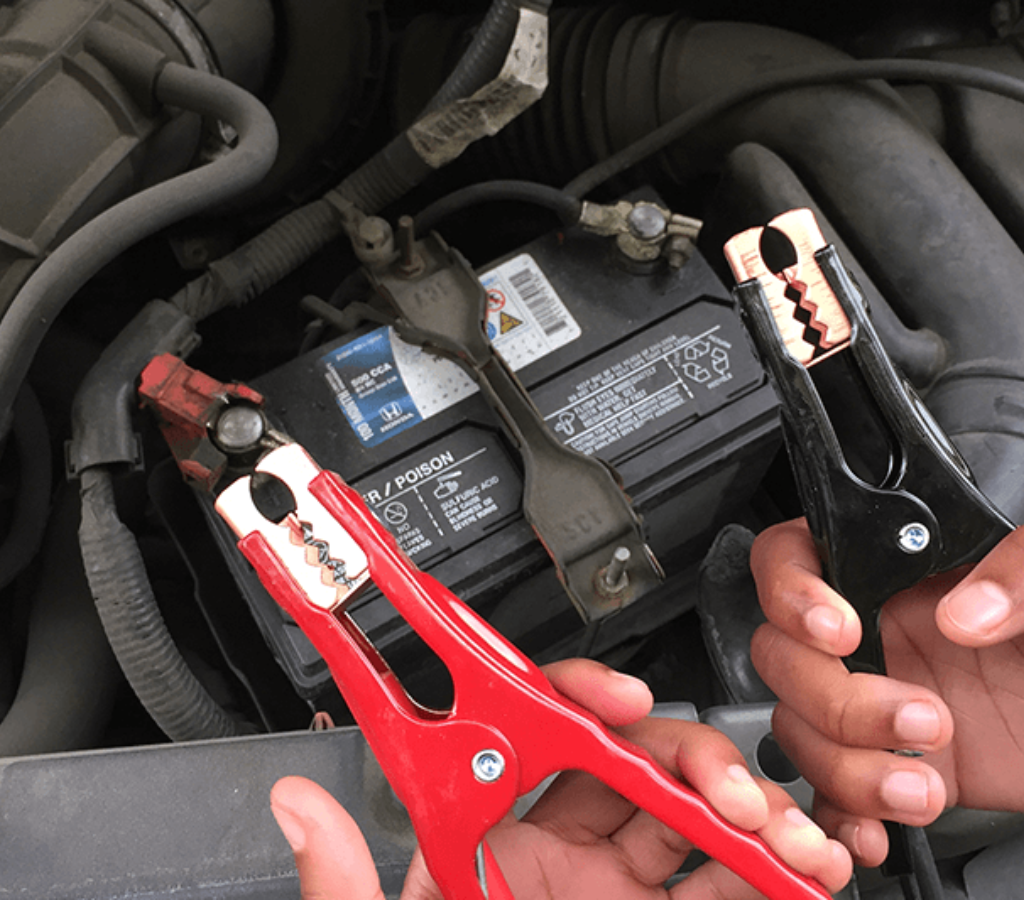
A car battery is an essential component of a vehicle, as it provides the necessary power to start the engine and operate various electrical systems. However, like any other mechanical part, a car battery can develop problems over time. Identifying these issues early on can help prevent unexpected breakdowns and save you from costly repairs. In this article, we will discuss how to identify car battery problems.
- Difficulty Starting the Engine: One of the most common signs of a failing car battery is difficulty starting the engine. If you notice that your engine cranks slowly or takes longer to start, it could be a sign that the battery is losing its charge or is not holding a charge properly.
- Dimming Headlights and Electrical Issues: Another indication of a battery problem is dimming headlights or other electrical issues. If you notice that your headlights are not as bright as usual, or if your interior lights flicker or dim when you start the engine, it could be a sign of a weak battery.
- Corroded Battery Terminals: Corrosion on the battery terminals can prevent a proper connection and lead to battery problems. If you see a white, powdery substance around the terminals, it is a sign of corrosion. Cleaning the terminals and ensuring a tight connection may solve the issue.
- Swollen Battery Case: A swollen or bulging battery case is a clear indication of a problem. This can occur due to excessive heat or overcharging. If you notice any swelling or bulging, it is best to have the battery inspected by a professional.
- Low Fluid Levels: Some car batteries have removable caps that allow you to check the fluid levels inside. If the fluid level is below the designated marker, it could be a sign of a battery problem. Low fluid levels may indicate a leak or an issue with the charging system.
- Old Age: Car batteries have a limited lifespan, typically ranging from 3 to 5 years. If your battery is older than this, it may be nearing the end of its life and more prone to problems. Regularly checking the age of your battery can help you anticipate and prevent potential issues.
- Frequent Jump Starts: If you find yourself frequently jump-starting your car, it is a clear sign of a battery problem. While occasional jump-starts may be necessary due to external factors like leaving the lights on, frequent jump-starts indicate an underlying issue with the battery or charging system.
- Unusual Smells: If you notice a rotten egg smell coming from your battery, it could indicate a leaking or overheating battery. This smell is caused by sulfuric acid and should be addressed immediately to prevent further damage.
- Testing the Battery: If you suspect a battery problem but are unsure, you can have the battery tested. Many auto parts stores and service centers offer free battery testing. This test will determine the battery’s voltage and overall health, providing you with a clear understanding of its condition.
In conclusion, identifying car battery problems early on is crucial for maintaining the functionality of your vehicle. By paying attention to signs such as difficulty starting the engine, dimming headlights, corroded terminals, swollen battery case, low fluid levels, old age, frequent jump starts, unusual smells, and testing the battery, you can address any issues promptly and avoid unexpected breakdowns. Regular battery maintenance and timely replacement can help ensure a reliable and trouble-free driving experience.




